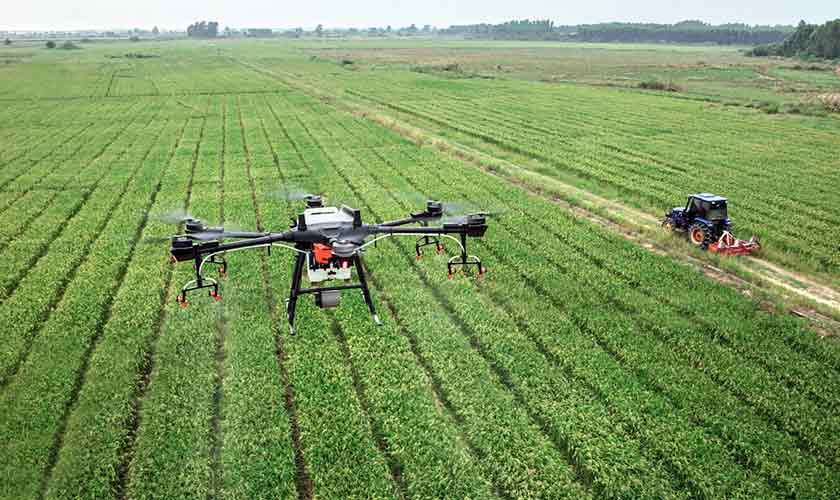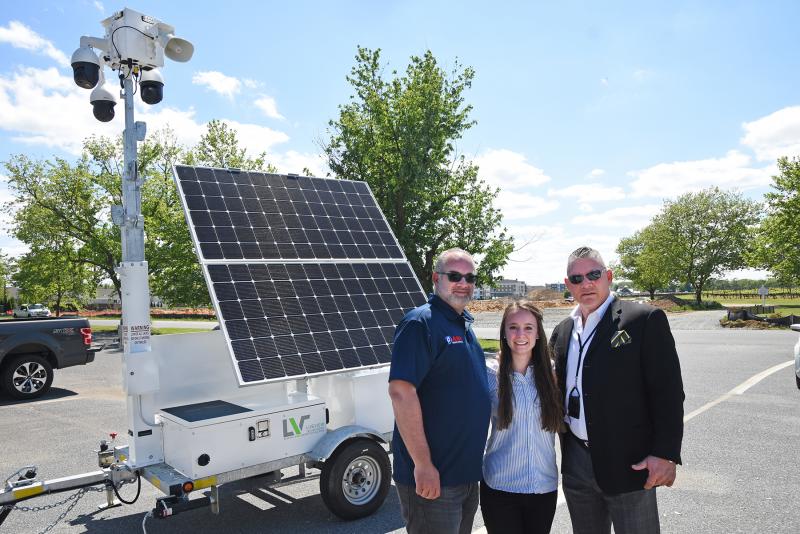
Table of Contents
Introduction to Agriculture Technology
Agriculture technology, often referred to as agri-tech or ag-tech, encompasses the application of modern technological innovations in the field of agriculture. It involves the use of cutting-edge tools and techniques to enhance various aspects of farming practices, from cultivation and irrigation to harvesting and distribution.
Evolution of Agriculture Technology
Over the years, agriculture https://webdevelopmentpros.co.uk/ has undergone a significant transformation, moving from traditional farming methods to embracing sophisticated technological advancements. The shift from manual labor and rudimentary tools to mechanization and digitalization has revolutionized the way crops are grown and managed.
Impact of Technology on Agriculture
The integration of technology into agriculture has brought about profound changes, positively impacting productivity, sustainability, and efficiency in farming operations. With the aid of advanced tools and techniques, farmers can optimize resource utilization, minimize waste, and maximize yields.
Key Technologies Transforming Agriculture
- IoT and Sensors: Internet of Things (IoT) devices and sensors play a crucial role in agriculture by providing real-time data on soil moisture levels, temperature, humidity, and crop health. This data enables farmers to make informed decisions and implement precision farming practices.
- Artificial Intelligence and Machine Learning: AI and machine learning algorithms analyze vast amounts of agricultural data to offer insights into crop management, disease detection, pest control, and yield prediction. These technologies empower farmers to optimize crop production and minimize risks.
- Robotics and Automation: Robotics and automation systems automate labor-intensive tasks such as planting, weeding, and harvesting, reducing the reliance on manual labor and improving operational efficiency on farms of all sizes.
Challenges in Adopting Agricultural Technology
Despite the numerous benefits offered by agricultural technology, several challenges hinder its widespread adoption:
- Cost Barriers: The initial investment required for implementing advanced agricultural technologies can be prohibitive for small-scale farmers.
- Lack of Awareness and Education: Many farmers lack awareness about the potential benefits of adopting technology or face challenges in understanding how to utilize it effectively.
- Infrastructure Limitations: Inadequate infrastructure, such as limited internet connectivity and power supply, can impede the adoption of technology in rural agricultural areas.
Future Trends in Agriculture Technology
The future of agriculture technology holds promising developments that aim to address existing challenges and drive sustainable growth:
- Vertical Farming: Vertical farming involves growing crops in vertically stacked layers, utilizing controlled environments such as hydroponics or aeroponics. This innovative approach allows for year-round cultivation in urban areas, conserving space and resources.
- Genetic Engineering: Advancements in genetic engineering enable the development of genetically modified crops with enhanced traits such as drought resistance, pest resistance, and increased nutritional value.
- Blockchain in Agriculture: Blockchain technology offers transparent and secure data management solutions for supply chain traceability, ensuring the authenticity and quality of agricultural products from farm to fork.
Case Studies of Successful Agricultural Technology Implementation
- Precision Agriculture: By leveraging IoT sensors and AI algorithms, a farming cooperative in the Midwest increased crop yields by 20% while reducing water usage by 30% through precision irrigation techniques.
- Robotic Harvesting: A vineyard in California improved efficiency and reduced labor costs by implementing robotic grape harvesting machines equipped with computer vision technology.
Conclusion
Agriculture technology continues to play a pivotal role in shaping the future of farming practices worldwide. With ongoing advancements in IoT, AI, robotics, and genetic engineering, farmers have access to innovative tools and techniques to enhance productivity, sustainability, and resilience in the face of evolving challenges.



